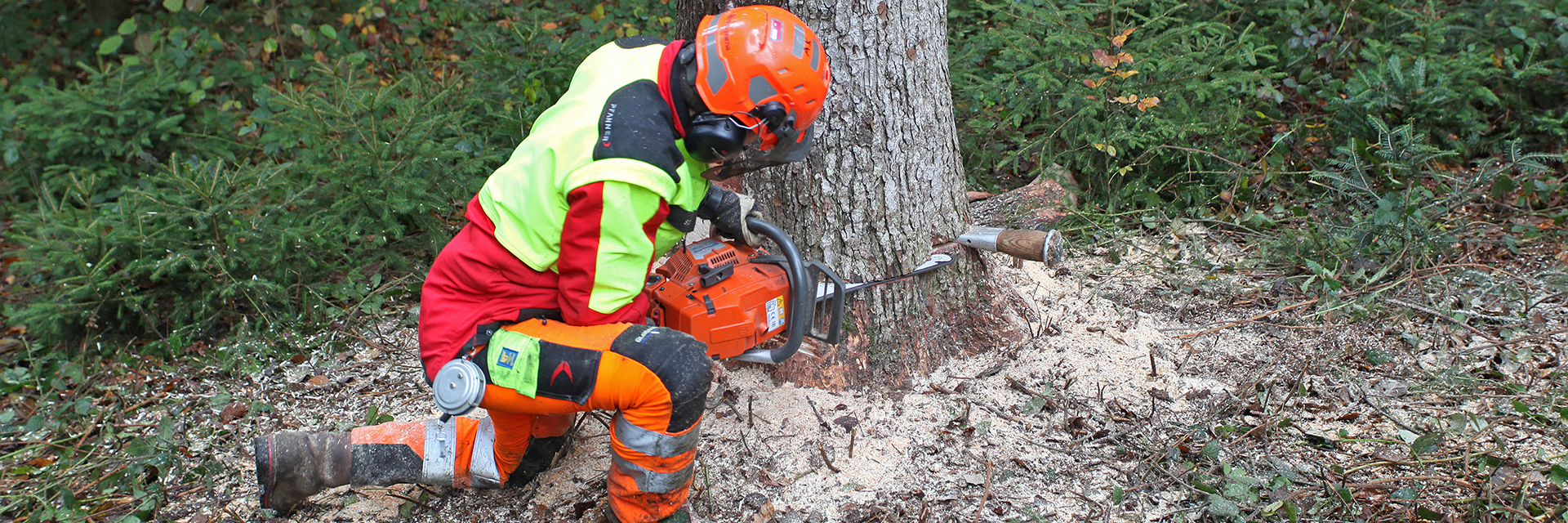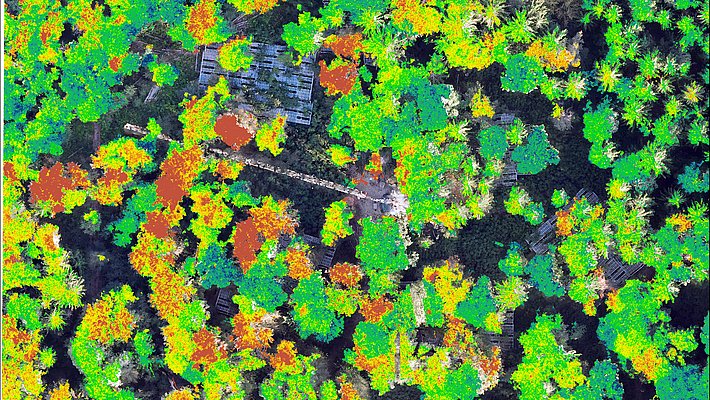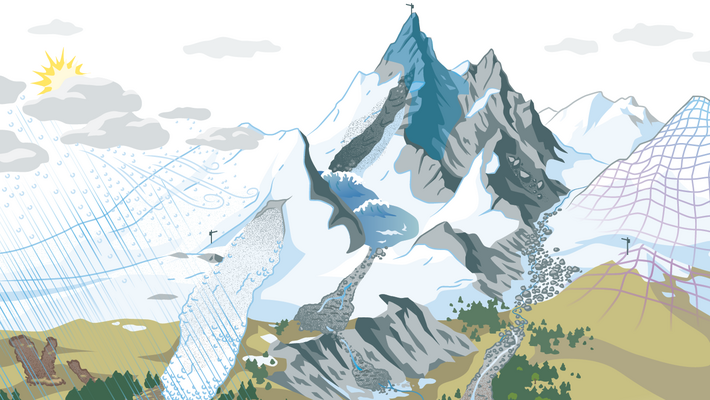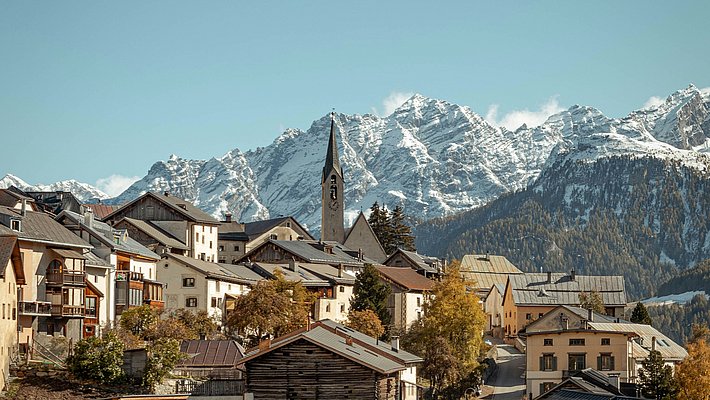The landscape provides habitats for diverse flora and fauna and benefits people in many ways. We study the interactions between landscape, humans and biodiversity and develop decision-making bases for sustainable use of the landscape.
Landscapes have a cultural significance for people. They provide habitats for animals, plants and many other organisms. And from an economic point of view, the landscape is a resource, for example for tourism or energy production. Landscapes thus have social, ecological and economic aspects. People, landscape and ecosystems have a reciprocal relationship. We study these interactions and relationships.
The landscape is constantly changing, with consequences for biodiversity and human quality of life. Thanks to comprehensive monitoring, we can recognise and document these changes, both on small and large scales, regardless of whether they proceed quickly or slowly. Thus, we contribute to an early warning system for the benefit of the landscape, and we develop important decision-making bases for government and communities. These can be used, for example, to create landscapes that meet human needs while protecting the environment.
Pooling Knowledge ¶
Landscape research deals with complex topics which require diverse methods, approaches and experiences. An interdisciplinary approach that integrates natural, social and economic sciences is necessary. The Landscape Centre pools the competences of the WSL, while providing an interface for partners such as the federal authorities, cantonal and municipal administrations and non-governmental organisations. The exchange with stakeholders in the field ensures that our research not only serves the purpose of gaining scientific insights, but also provides a benefit to the community and the government.










